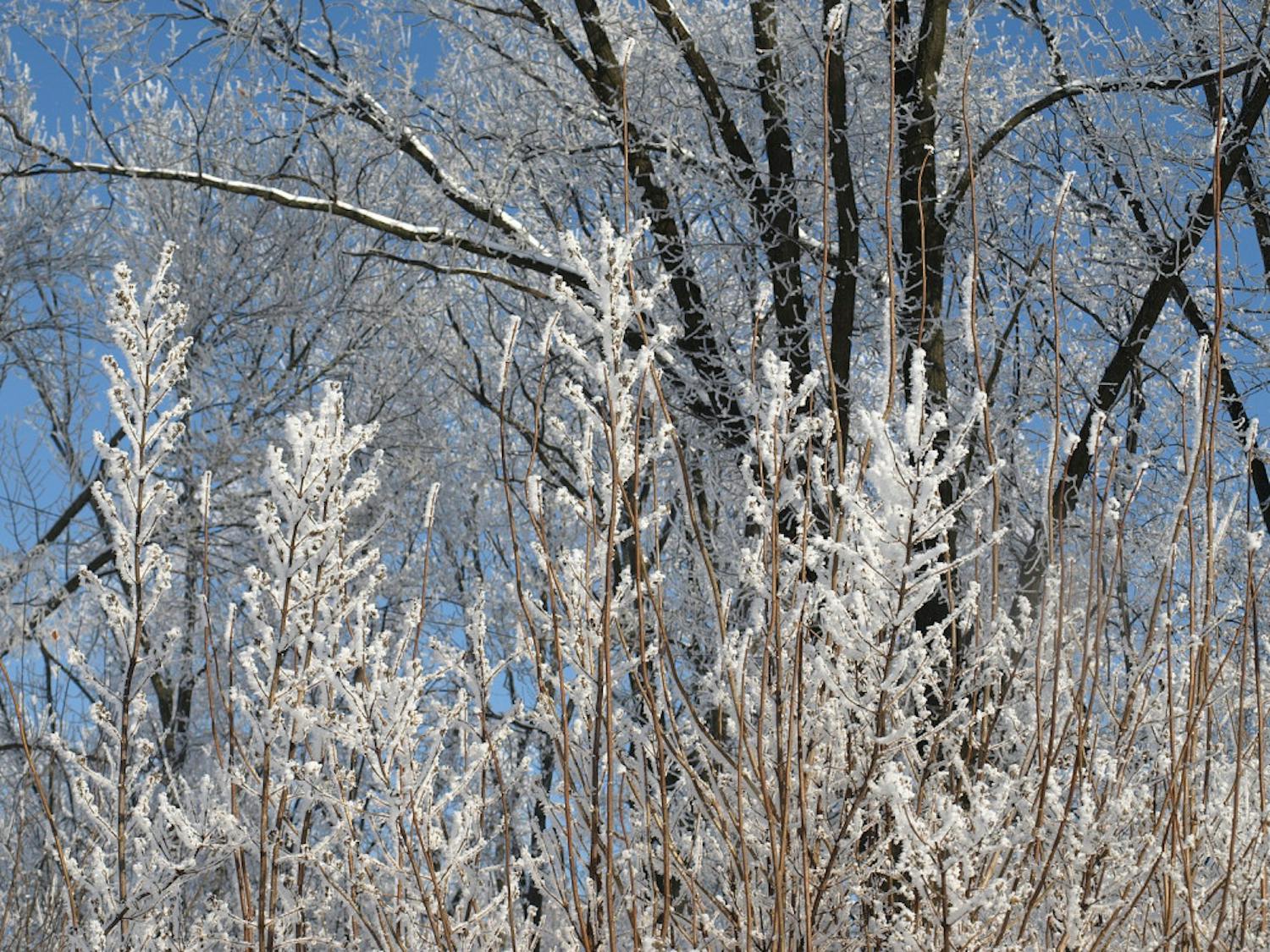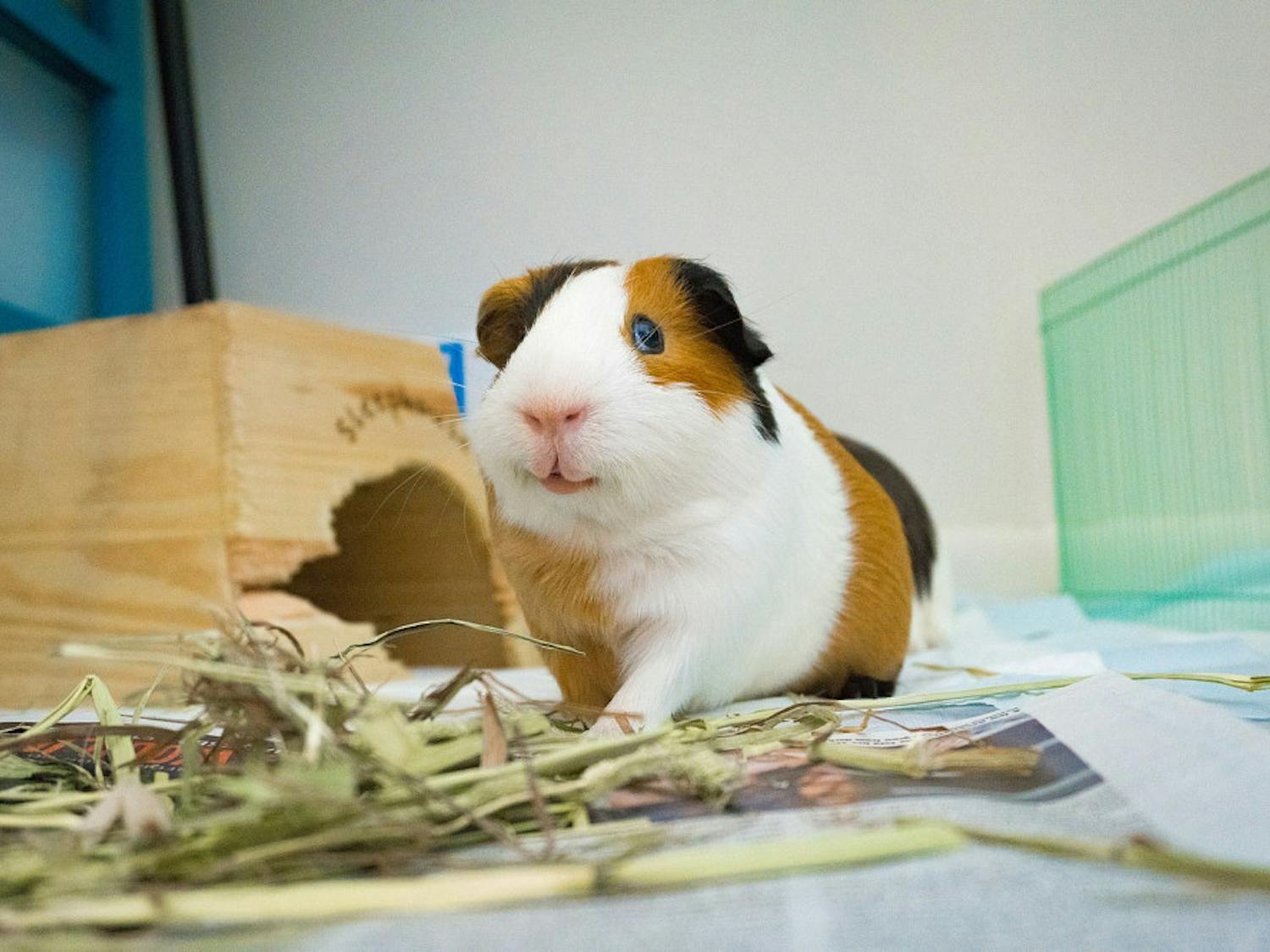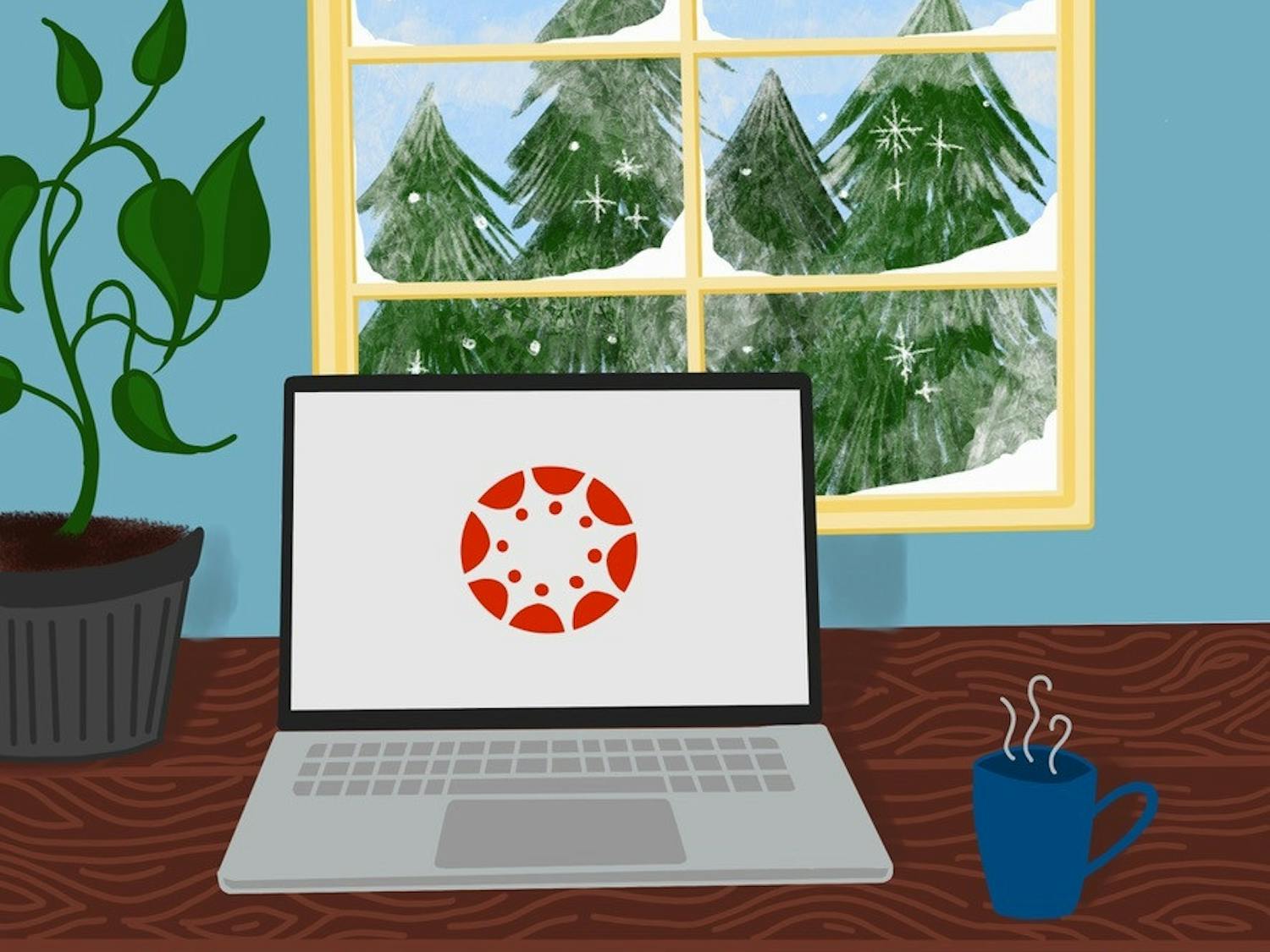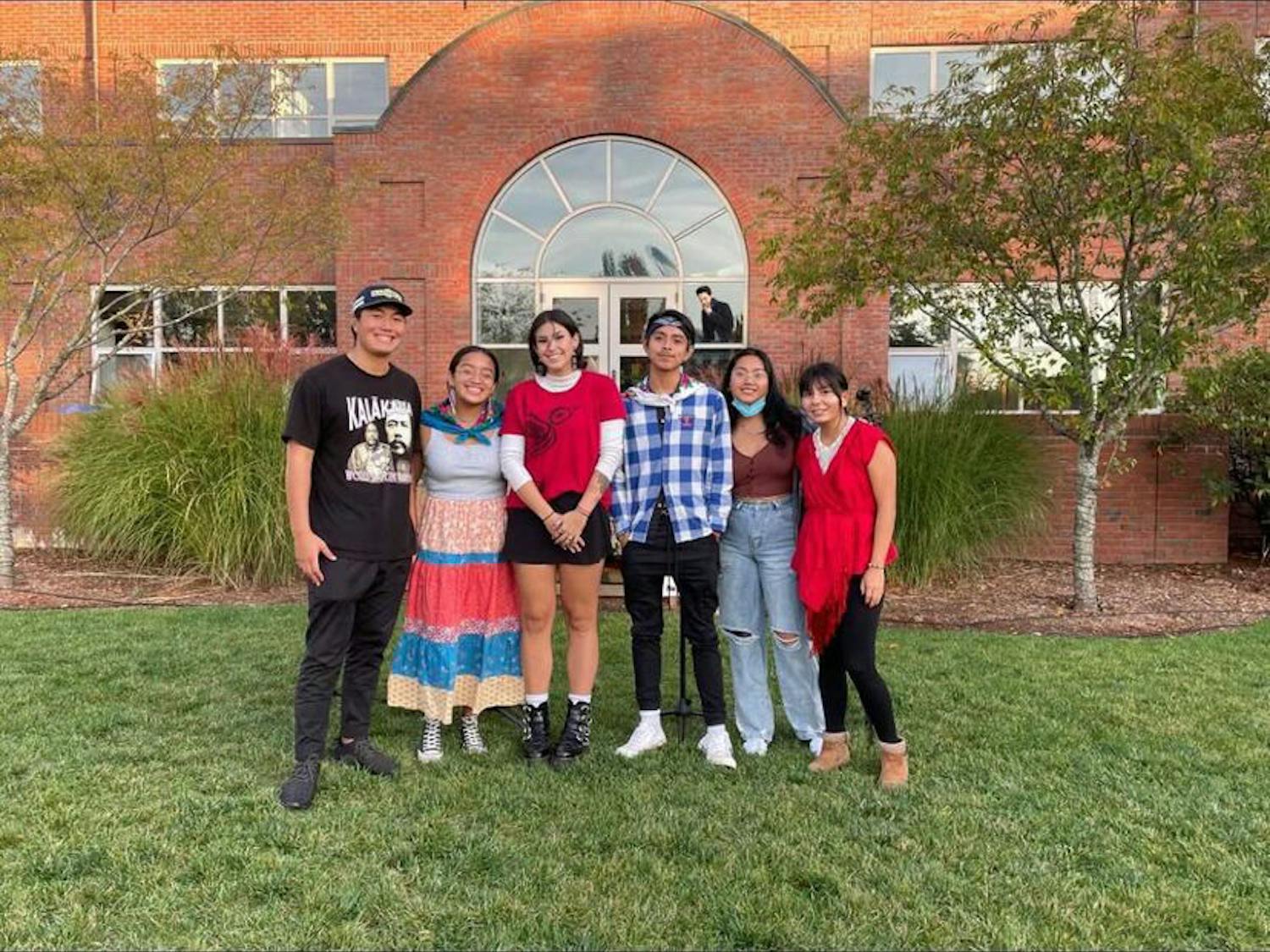This Week in Science: Omicron may spread like common cold, J&J could boost Pfizer vaccine, Hawaii blizzard
By Sophie Wax and Ian Lau | December 9The omicron variant, the newest COVID-19 strain, may be more contagious but cause milder symptoms than other coronavirus variants, a new study suggests. Venky Soundararajan, a bioengineer who co-wrote the study, explained to the Washington Post that as viruses evolve to become more widespread, symptoms generally become less severe. Still, researchers caution that more information is needed about the novel variant.











